900779
1-Ethyl-3-methylimidazolium hexafluorophosphate
≥99%, <500 ppm H2O
Sinónimos:
1-Methyl-3-ethylimidazolium hexafluorophosphate, EMIMPF6
About This Item
Productos recomendados
Quality Level
assay
≥99%
form
crystals
impurities
<500 ppm H2O
mp
58-62 °C (lit.)
density
1.48 g/cm3
application(s)
battery manufacturing
SMILES string
F[P-](F)(F)(F)(F)F.CCn1cc[n+](C)c1
InChI
1S/C6H11N2.F6P/c1-3-8-5-4-7(2)6-8;1-7(2,3,4,5)6/h4-6H,3H2,1-2H3;/q+1;-1
InChI key
DPDAKOVGQUGTHH-UHFFFAOYSA-N
¿Está buscando productos similares? Visita Guía de comparación de productos
Categorías relacionadas
General description
Application
Caution
Related product
signalword
Warning
hcodes
Hazard Classifications
Eye Irrit. 2 - Skin Irrit. 2
Storage Class
11 - Combustible Solids
wgk_germany
WGK 3
Elija entre una de las versiones más recientes:
Certificados de análisis (COA)
Lo sentimos, en este momento no disponemos de COAs para este producto en línea.
Si necesita más asistencia, póngase en contacto con Atención al cliente
¿Ya tiene este producto?
Encuentre la documentación para los productos que ha comprado recientemente en la Biblioteca de documentos.
Artículos
Dr. Sun reviews the recent advances in solid-state rechargeable batteries and cover the fundamentals of solid electrolytes in solid-state batteries, the theory of ion conduction, and the structures and electrochemical processes of solid-state Li batteries.
Here, we present a short review of ionic liquid electrolytes used in state-of-the-art rechargeable batteries including high performance and low-cost aluminum batteries, non-flammable Li-based batteries, and high-cycling and stable dual-graphite batteries. We also outline the key issues explored so as to identify the future direction of IL development.
Nuestro equipo de científicos tiene experiencia en todas las áreas de investigación: Ciencias de la vida, Ciencia de los materiales, Síntesis química, Cromatografía, Analítica y muchas otras.
Póngase en contacto con el Servicio técnico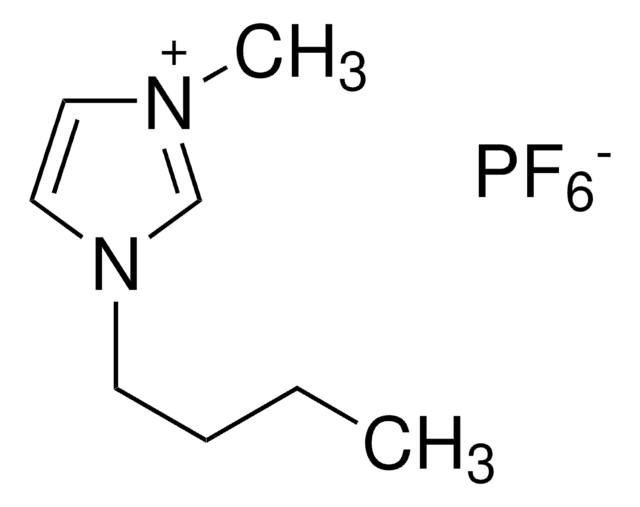
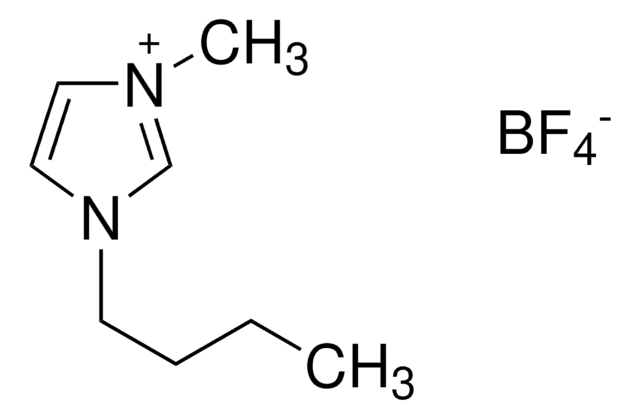
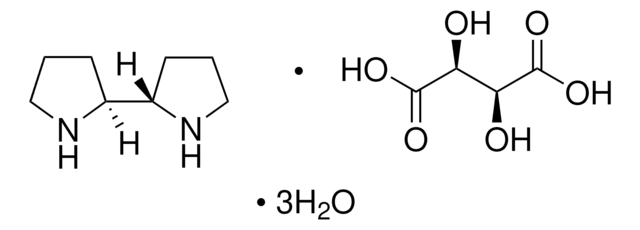
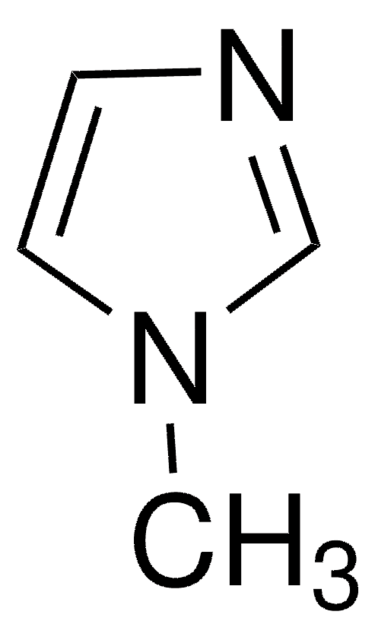

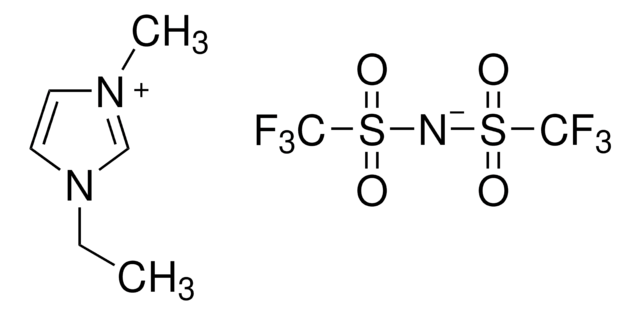
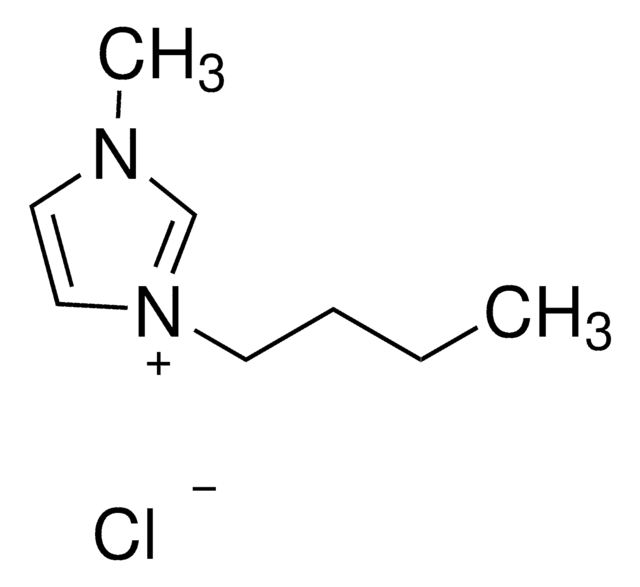
![(2R,2′R-(+)-[N,N′-Bis(2-pyridylmethyl)]-2,2′-bipyrrolidinebis(acetonitrile)iron(II) hexafluoroantimonate](/deepweb/assets/sigmaaldrich/product/structures/202/913/41951272-e38c-4f7b-9bf9-6ed9448f4864/640/41951272-e38c-4f7b-9bf9-6ed9448f4864.png)
